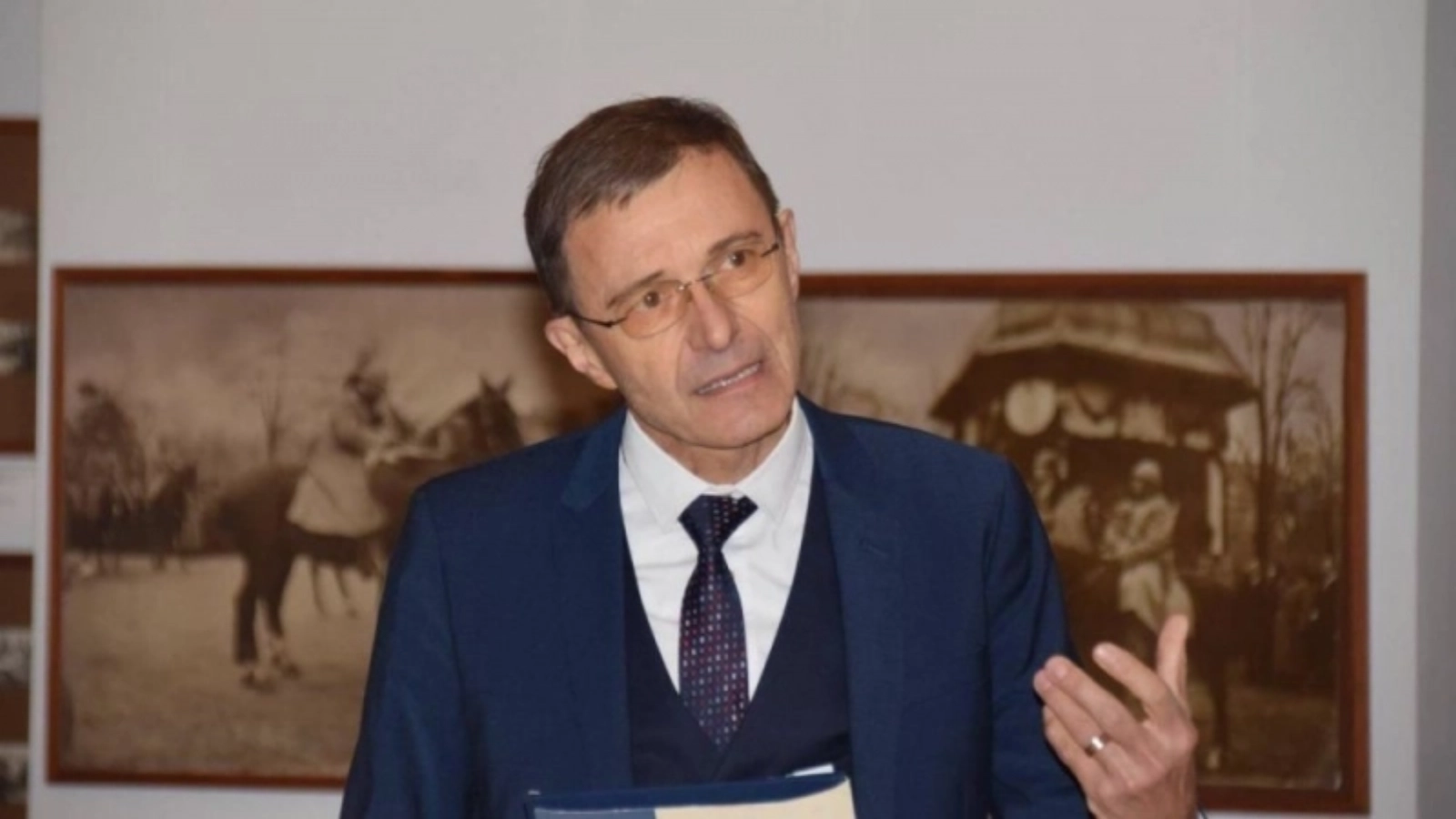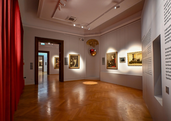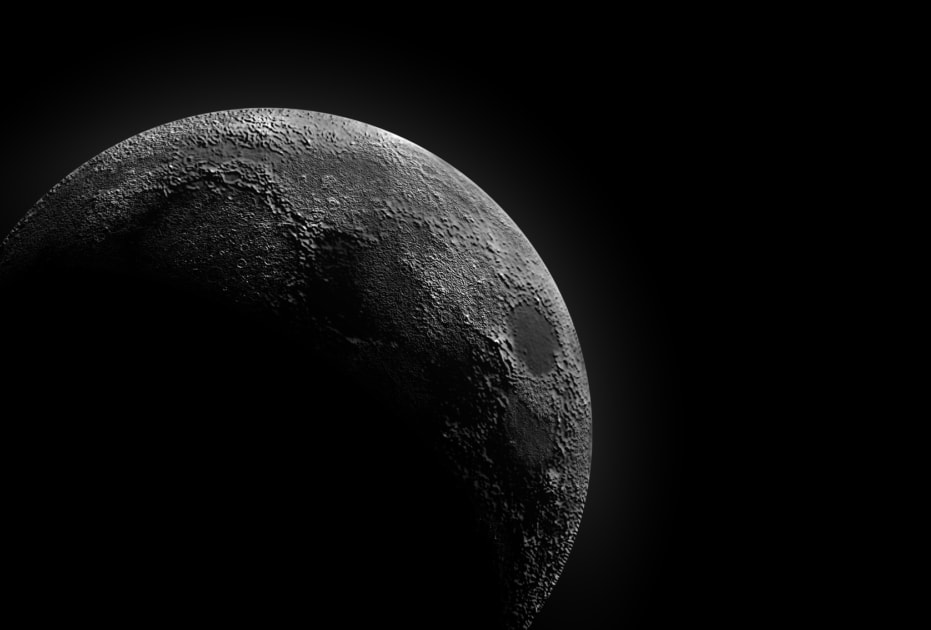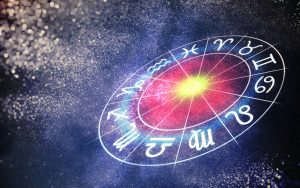Addressing on Tuesday the Romanian Academy's festive General Assembly dedicated to the 157th anniversary of Romania's highest scientific and cultural institution, Academy President Ioan-Aurel Pop said that the institution embodies "the prototype of the Romanian scholar", being characterized by a uniqueness that springs from the "independence of the creative spirit of the best intellectual elite".
"The Romanian Academy thus embodies the prototype of the Romanian scholar praised by Nicolae Iorga, and is among those few cornerstone institutions that founded Romania. This why the great historian called the Academy a 'holy foundation'," Pop told the audience.
Highlighting the most important moments in the activity of the venerable institution throughout its history of more than a century and a half, Pop evoked the adversities posed by the totalitarian communist regime.
"Just like all of Romania's cultural institutions, the Romanian Academy too has known the adversities caused by the totalitarian communist regime, whose interference was fully felt. As you know, 98 members were expelled from the Academy in 1949. This is a huge number. The Academy was practically abolished. The full, corresponding and honorary members who, due to their line of thinking, work and political convictions, were considered unadaptable to the new cultural orientations, were branded as hostile to the communist regime; we shouldn't mince words, with the Soviet commissars here, they were considered class enemies. Many were arrested, and some of them died in the communist prisons," Pop said.
He mentioned that Romanian researchers also underwent purges, and the Academy's properties were nationalized.
"Subsequently, the Academy was dispossessed, sometimes without elementary legal forms, of foundations, document collections, of the coin treasure, archaeological items, works of art, which were all abusively transferred to other institutions and partially recovered only after 1989," the top academician added.
Ioan-Aurel Pop recalled that "between 1974 and 1989, the Academy was under the forbiddance to receive new members, it was robbed of its institutes, and was going to die by biological extinction".
At the same event, Professor Adrian Bejan, honorary member of the Romanian Academy, delivered the conference "Freedom, beauty, evolution, nature", which approached the topic from inter- and multidisciplinary perspectives.
"Both the scientific and humanistic culture belong to the same discussion, or to the same compartment, and it's good to know that we are actually together, talking about the same things that are important to us," the scientist pointed out.
A meeting of the leaders of the Romanian Academy and the Moldovan Academy of Sciences took place online.
As part of the Open Day event, the public could visit the Academy Grand Hall, the Academicians' Club, the Memorial Museum, and take a guided tour of the Library of the Romanian Academy. AGERPRES
































Comentează